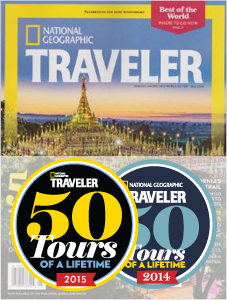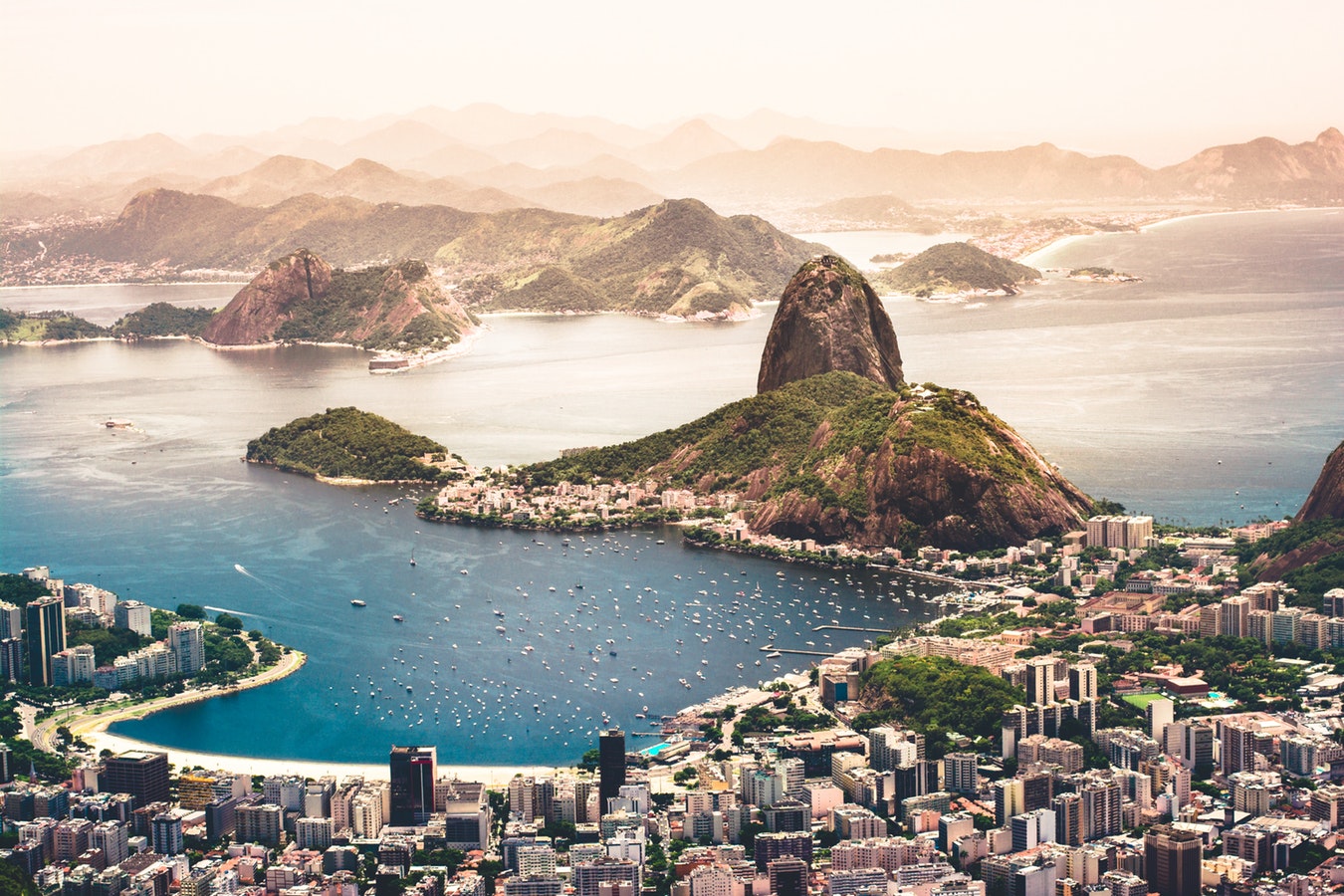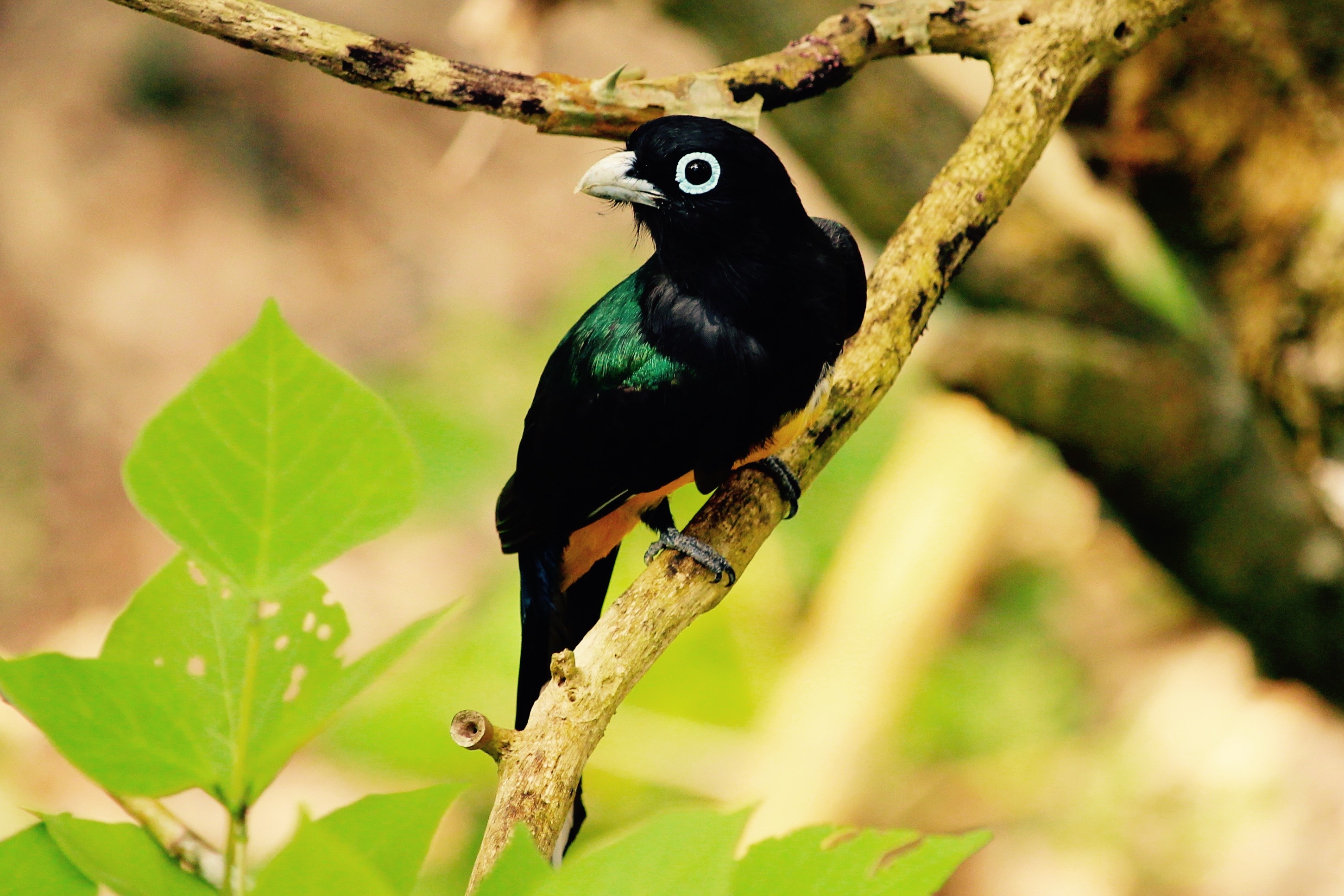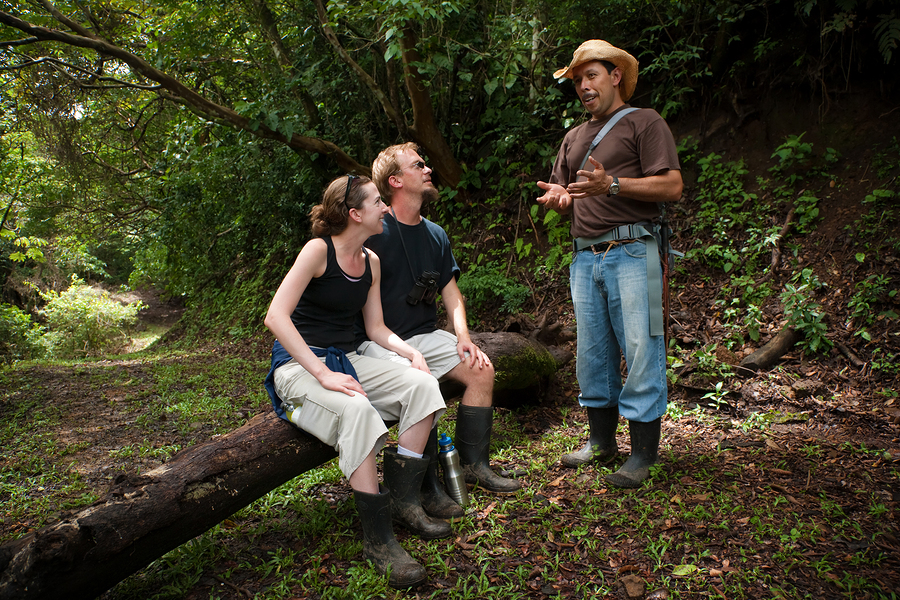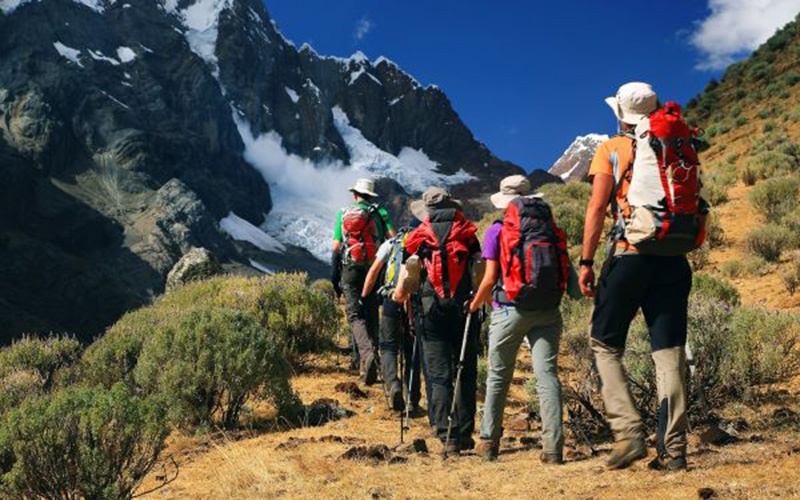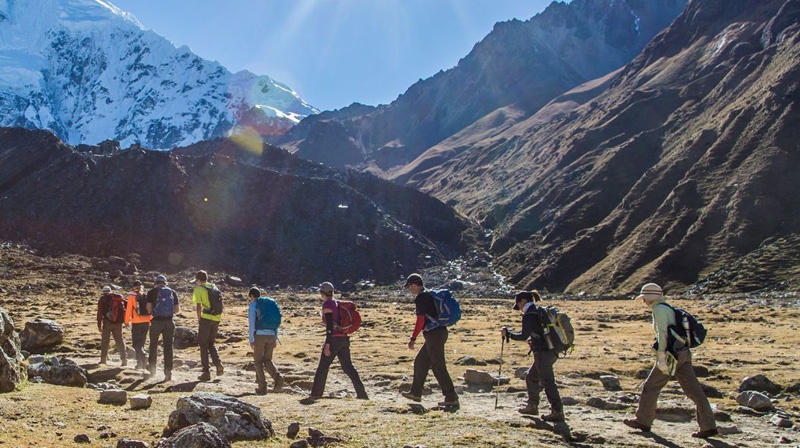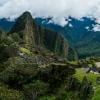The largest country in South America, Brazil is an amazing place to visit! Adventuring in Brazil can mean nights in tents and traditional hammocks while exploring bizarre and beautiful desert landscapes full of sparkling lagoons, luxury hotels in legendary cities like Rio de Janeiro and São Paulo, and thoughfully appointed ecolodges while out exploring the country’s endless natural areas.
From the humble bird feeder in our yard to the exhilaration of watching a herd of massive elephants from the back of our safari jeep, few feelings compare to those of having a close encounter with wildlife! There is growing evidence - Scottish doctors prescribing time in nature to their patients, the emerging disciplines of wilderness and animal therapy, and more - that landscapes and their biodiversity are good for our wellbeing. The growth of the safari tour, birding tours and nature-oriented travel back this idea up by their growth year by year, but how can we get the most out of the precious time we spend on our trip in these areas of natural splendor? Let’s dig into how we can learn about the natural environment, especially the wildlife, of the country you’ll be visiting on your trip.
In intercultural relationship building, there are few hard and fast rules that will apply everywhere. While specifics will vary (sometimes greatly!) region by region, there are some concepts that can be very helpful in learning how to interact well with other cultures. The areas where Global Basecamps’ tours visit are often more traditional and conservative, presenting a more authentic travel experience and calling for cultural sensitivity. Read on for some tips on intercultural relationship building with a focus on Latin America, be they our trips to Costa Rica, Patagonia tours, or a Mexico vacation.
Trips to Peru can cover a lot of ground. This wildly dynamic South American nation traverses a wide range of ecosystems and landscapes from the tropical Amazonian lowlands to the windswept Pacific coast, crossing the mighty Andes mountains on the way. One of Peru’s national treasures that draws adventurers from every corner of the globe is Machu Picchu, built by the historic indigenous society of the Incas. Situated at 7,972 feet above sea level near the culturally rich city of Cusco, Machu Picchu is reached via several challenging trails ranging from 12 to 40 miles that endure as many a travelers’ dream.
Trekking to the dramatic heights of the Andes to visit Peru’s Citadel of Machu Picchu has become a deservedly popular adventure. Travelers the world over convene in Cusco, the typical base of trekking operators, in search of natural beauty, iconic archaeological ruins and a deep intercultural experience. At the same time, many aren’t aware that the options for getting to Machu Picchu don’t end with the classic Inca Trail or rail lines. Other trails exist that offer a variety of lengths and accommodations, with one that uniquely blends a more in-depth trekking experience with comfortable, top-rate lodging: the Salkantay Trail.

